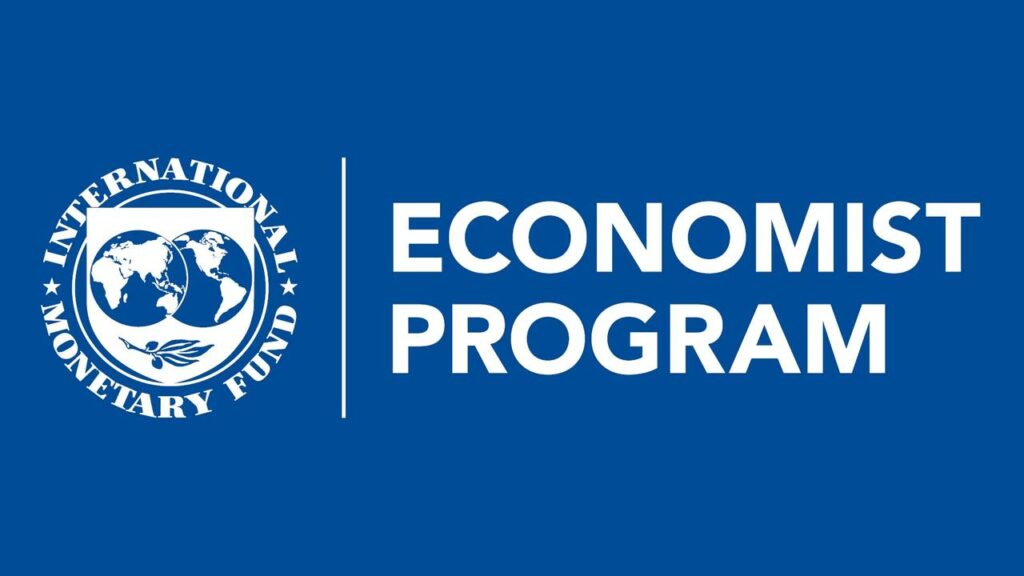The World Bank has announced plans to double its annual investment in agribusiness to $9 billion under a new initiative known as AgriConnect, aimed at boosting food production, creating jobs and transforming agriculture into an engine of economic growth. The commitment was unveiled during the IMF/World Bank Annual Meetings in Washington, D.C.
AgriConnect is designed to support the 500 million smallholder farmers who produce the majority of the world’s food yet remain trapped in poverty due to limited access to modern tools, markets and finance. The Bank emphasised that helping these farmers transition to commercially viable enterprises is essential to tackling global hunger, unemployment and rising food demand.
With an estimated 1.2 billion young people set to enter the workforce over the next decade in developing countries, the World Bank warned that agriculture must evolve to absorb labour and generate opportunity. Food demand is projected to rise by 30 per cent by 2050, placing pressure on food systems already strained by climate change and economic disruptions.
“Our goal is to create an ecosystem of growth that transforms agriculture to create more jobs, raise incomes for millions of smallholder farmers, and improve global food security,” the Bank stated.
Through AgriConnect, the World Bank will focus on three core areas: improving essential infrastructure such as irrigation, rural roads and digital access; supporting government reforms to attract private investment; and expanding financing opportunities for agribusinesses across the value chain. By mobilising private capital alongside public funding, the initiative aims to unlock new markets and scale agritech solutions that can drive productivity.
For micro, small and medium-scale enterprises in agriculture, the increased funding signals renewed support for mechanisation, agro-processing and market linkages, critical areas that determine profitability and sustainability for rural businesses.
By doubling its investment commitment, the World Bank positions agriculture not just as a food source, but as a pathway to economic resilience, job creation and poverty reduction, particularly in regions where agribusiness remains the backbone of livelihoods.










